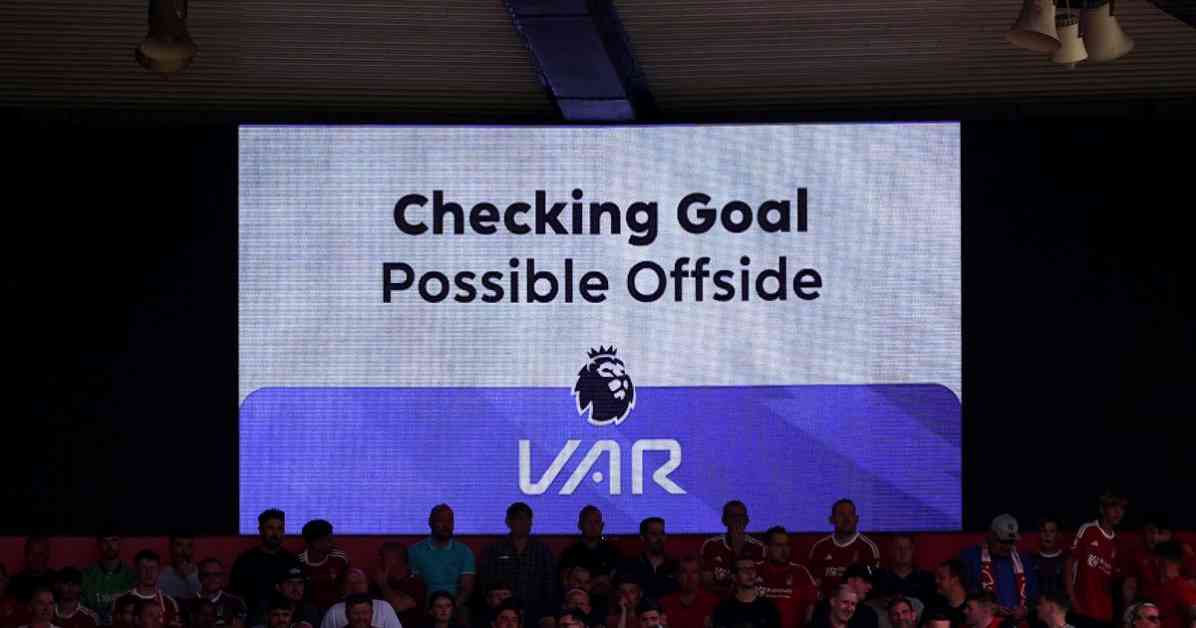Football Rule Changes: What You Need to Know
The International Football Board (IFAB) is currently exploring potential rule changes that could shake up the world of football as we know it. These adjustments have the potential to impact powerhouse teams like Manchester United and Manchester City in the upcoming seasons, making it a topic of great interest for fans worldwide. The IFAB is constantly seeking ways to enhance the game and its officiating, often leading to the implementation of new rules after thorough trials.
Offside Rule Tweaks on the Horizon
One of the key areas under scrutiny is the offside rule, a perennial source of debate among football enthusiasts. Discussions are underway regarding adjustments that could tip the scales in favor of the attacking team. The advent of VAR (Video Assistant Referee) has resulted in goals being disallowed for minuscule offsides, prompting IFAB’s technical director, David Elleray, to advocate for changes that prioritize gameplay over technicalities. He remarked, “We all agree that it would be nice if goals weren’t necessarily chalked off for a toenail or a nose,” signaling a potential shift in offside interpretation.
Evolving Goalkeeper Regulations: The Eight Second Rule
In a bid to expedite gameplay and minimize time-wasting tactics, a new eight-second rule for goalkeepers is on the horizon, set to take effect by the 2026/27 season. Currently undergoing trials in Premier League 2 and Malta, this rule aims to replace the often-ignored six-second rule, which mandates that goalkeepers release the ball promptly. The revised protocol will see referees signaling after three seconds, initiating a five-second countdown for the ball’s release, introducing a new dynamic to goalkeeping strategies.
Tactical Time Outs: Addressing Game Manipulation
A notable concern for IFAB is the strategic use of goalkeeper injuries to facilitate impromptu team consultations, particularly following red card incidents. Chief Elleray highlighted this issue, acknowledging its prevalence and impact on match dynamics. While recognizing the goalkeeper’s right to medical attention, IFAB is vigilant in monitoring such instances to prevent exploitation for tactical gains. Elleray emphasized, “It’s not easy to deal with because the goalkeeper has a right to be treated,” shedding light on the complexities of balancing fair play with strategic maneuvers in high-stakes games.
As football enthusiasts brace themselves for potential rule revisions, the sport’s governing bodies remain committed to fostering fair competition and preserving the integrity of the game. Stay tuned for further updates on these proposed changes and their implications for the future of football worldwide.

